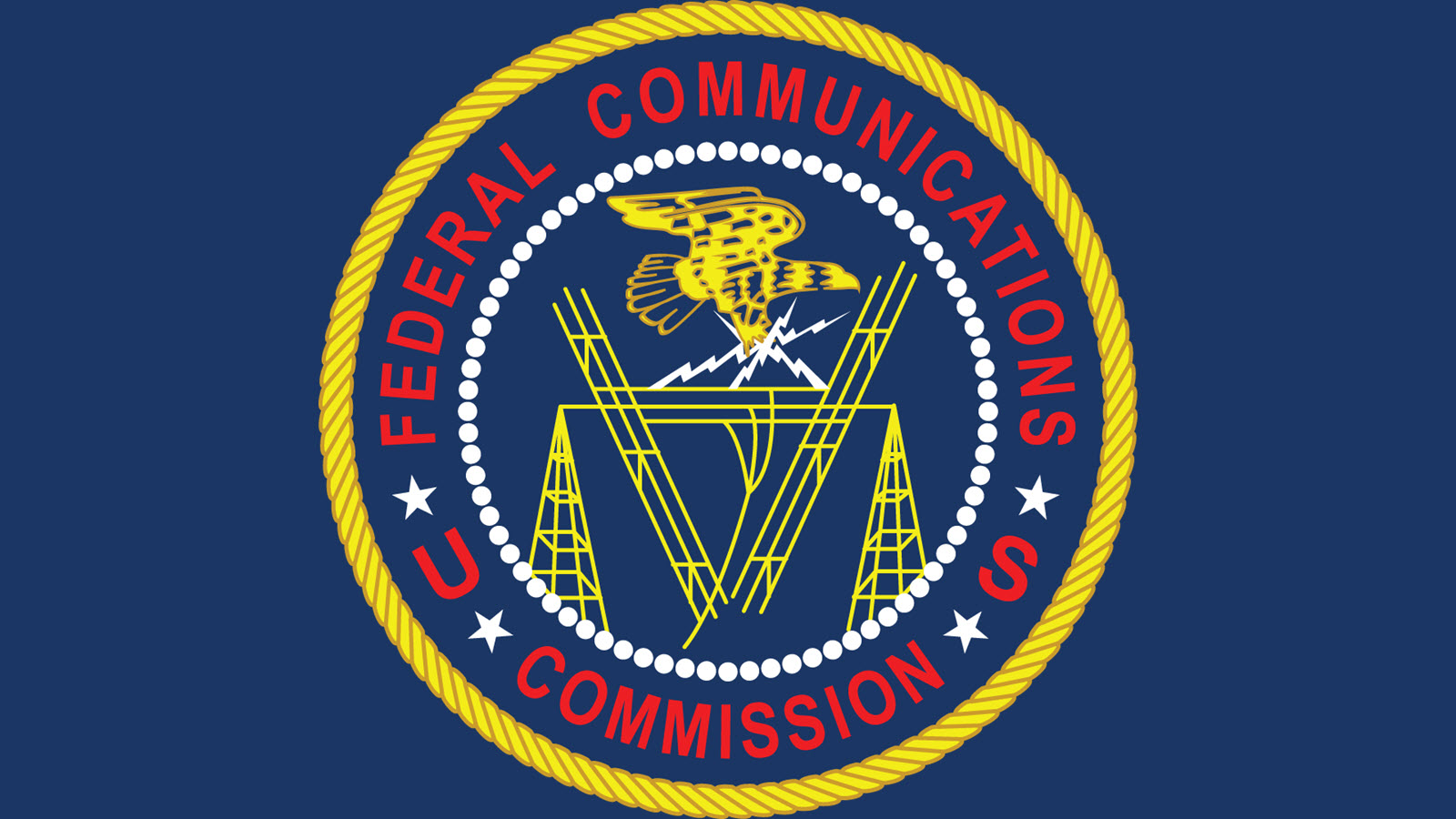GCI Blames Job Cuts Partly on FCC Subsidy Cutback

The smarter way to stay on top of broadcasting and cable industry. Sign up below
You are now subscribed
Your newsletter sign-up was successful
Liberty-owned Alaska telecom GCI has laid off about 4% of its workforce, the company has confirmed, blaming its cuts, in part, on the FCC's cut in rural health funding last fall.
"Yesterday GCI let go of 87 employees which represents about 4% of the company," said GCI spokesperson Heather Handyside. "The majority of the employees who were let go were based in Anchorage, at our Seattle locations, and GCI employees who work remotely from locations outside Alaska."
"The cuts were a financial decision based on several factors including a stagnant state economy, missed business opportunities, and the ongoing impacts from the FCC’s $28 million cut in funding to GCI rural health care providers," Handyside said.
Handyside had told the Anchorage Daily News: “I think the biggest impact was from the FCC decision."
In October, the FCC's Wireline Competition Bureau put out a press release headlined: "FCC Enables Alaska Carrier to Receive $78 Million in Rural Health Care Funding, and that the FCC "Supports Delivery of Critical Telemedicine Services to Rural Alaskans While Promoting Fiscal Responsibility and Regulatory Certainty."
But what that translated to was a 26% cut in the $105 million GCI had sought, which the FCC said came after it had followed up with GCI asking it to justify that request. Clearly it didn't to the FCC's satisfaction.
GCI pushed back, saying that decision "exceeds the Bureau’s authority and is based upon reasonable and unexplained interpretations of FCC decisions and rules."
The smarter way to stay on top of broadcasting and cable industry. Sign up below
“The decision ignores the fact that our services are competitively bid in a competitive market," GCI president and COO Greg Chapados said at the time. "It also fails to provide any compelling explanation of the methodology behind the reduction in support payments. It does not even set forth the specifics of the methodology.”
GCI pointed out that the FCC would not be compensating it for services it had already delivered to health care providers--meaning it would have to eat those costs.
"This was a difficult decision," sdaid Handyside. "GCI spent several months examining internal procedures to identify potential efficiencies in our business practices. This helped us recognize ways that we could realign company resources to be more efficient. The majority of the cuts are what would be considered a mid-level manager position.
"Throughout this process, customer service has remained our highest priority. That’s why no customer service positions have been eliminated in our call centers, on our sales teams, and in GCI retails stores across the state."
The FCC is currently contemplating capping the Universal Service Fund advanced communications (phone and broadband) subsidy, of which the rural telehealth program is a component. At a Hill hearing this week, FCC chair Ajit Pai said one of the reasons to cap the program was to give the public confidence that every dollar spent from the USF to close the digital divide will be spent wisely.
He said the FCC needs to be the cop on that fiscal responsibility beat.
In terms of that rural digital divide, Chapados said that, instead, the FCC's decision "jeopardizes a decade of remarkable progress in rural Alaska."
Contributing editor John Eggerton has been an editor and/or writer on media regulation, legislation and policy for over four decades, including covering the FCC, FTC, Congress, the major media trade associations, and the federal courts. In addition to Multichannel News and Broadcasting + Cable, his work has appeared in Radio World, TV Technology, TV Fax, This Week in Consumer Electronics, Variety and the Encyclopedia Britannica.

